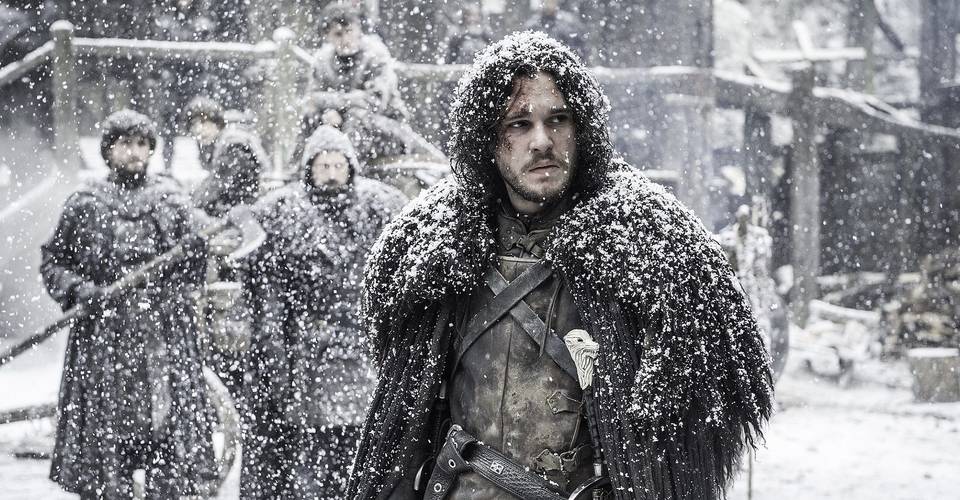I.
I've written so much about Yuval Levin's institution take that I considered making a drinking game. Pick a random blog post of mine, if it mentions something about formative or performative institutions, or David Foster Wallace's commencement speech, take a drink.
The weird thing is that I can't fully explain why I like Levin's idea so much. His criticism of performative institutions I get; it totally confirms my priors. But his praise of formative institutions is totally foreign to me. As I once wrote,
"the truth is I have been formed by nothing. I dropped out of Cub Scouts. I lost my faith in religion. I've never been affiliated with a political party. My alma mater is not a part of my identity. Like many people in my generation, I resent the notion that I need some institution to transform me, that I need help in any way."
I think I was drawn to Levin's idea of formation because I was seeking an antidote to the performativeness that we agree on. But I don't buy the "we enter this world fallen" Judeo-Christian narrative. If you really squint hard you could say that it's kinda like my belief that we have a default setting that we choose to fight against, but I still feel like I'm talking about something different. So I'm seeking a better solution for the moral character I look for in leadership.
II.
In Game of Thrones, Jon Snow, who was raised in nobility, decides to join the Night's Watch. It's a huge commitment: he can never never leave, it's freezing cold, he takes a vow of celibacy, and it's either dangerous or pointless (depending on whom you ask). It's thankless grunt work. But it carries a sense of honor. You are doing the tough but necessary work that no one else wants to do.
Unfortunately, Jon gets to the wall and discovers that the Night's Watch is mostly thieves who are serving there as an alternative to prison or capital punishment. Very few people have joined for the honor.
I think this is a good metaphor for government employees and elected officials.
I think fewer people are drawn by the honor of public service and most want to use it as a platform for shaping society in the way they want it.
So if performative people seek office as a platform for their views, formative people seek office as a way to shape their character, then Jon Snow seeks office as a way of carrying a burden of service. The third way is the only one I find interesting.
III.
I don't want to serve on my town's school committee, but maybe that's why I should. It pre-selects for performative activists who are seeking the position so they can transform our schools into a Kendi-style antiracist community or so they can ban any book that talks about racism. Do I owe it to all the normie people who just want normal things within the Overton Window?
Labeling someone performative almost feels like calling them selfish. Yet, it seems an oxymoron to call a performative activist selfish; they’re not out there for themselves. But they seem so different than the civil rights activists.
I think the difference is that during the progressive era, people fought for beliefs and ideas; equality, freedom, and dignity. The types of social justice or anti CRT activists I'm talking about are not called by a sense of duty or civic responsibility. No, they are fighting for people. A very specific set of people with specific identities.
And that's fine, it's just not for me.
IV.
Lately I've been having conversations with members of the early boomer/late silent generation. They loved getting involved on boards and committees because they believed in service and volunteering, whether it was in service of an idea or a community. But that service had a secondary effect as a signaling device. It served as a good signal of character; outside people knew that someone who does this much volunteering is probably a good person.
But it’s become anti-inductive; everyone began doing it for the signal aspect and suddenly its no longer a signal. Now it's just a way for people to influence institutions, network, build their resume, and promote themselves.
Balaji Srinivasan said people wanted a God-fearing man in power because a "powerful leader who actually believed that eternal damnation was the punishment for violating religious edicts could be relied upon by the public even if no human could see whether he had misbehaved."
In that sense, the reason to lament the death of formative institutions is that they used to serve as a good proxy for using this heuristic. If someone completed Boy Scouts, I still assume they have good moral character because it isn’t easy and there isn’t much of an external benefit. But there are fewer institutions that signal to me, “this person will do the right thing when no one is looking.” Instead, they signal “this person will vote for these policies,” or "this person is trying to make their resume stand out."
V.
I want to fight for universal ideas because no one else seems to be doing so. And I think ideas are more important than individuals.
When Massachusetts was being attacked by the British, George Washington pledged to bring soldiers to their assistance. John Adams thanked him for his generosity, to which Washington replied, "Not generosity, duty." That line of thinking is more interesting to me than identity-based motivations.

